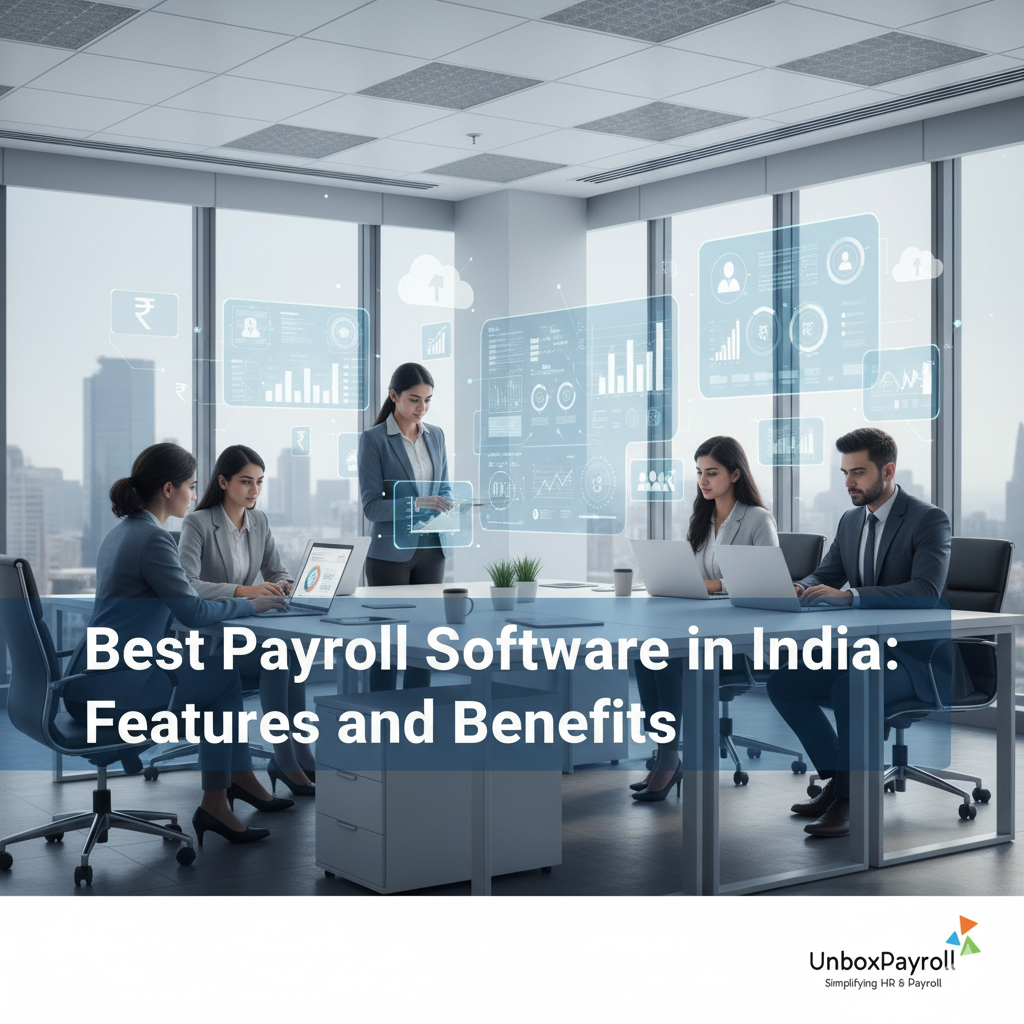The cost of HR software can vary significantly depending on the size of the business, required features, and deployment method. Providers typically offer pricing models such as per-employee-per-month, tiered feature-based plans, or custom enterprise packages. Choosing the right model ensures that businesses get maximum value without overpaying for unnecessary tools.
Subscription-based models are common, allowing companies to pay a predictable monthly or annual fee. Enterprise-level systems often include advanced HR modules, integrated payroll, and performance management tools at a higher price point but deliver exceptional long-term efficiency.
Key Factors Affecting HR Software Pricing
1. Number of Employees
Most providers calculate HR software pricing based on employee headcount. Smaller companies benefit from lower costs, while larger organizations may receive volume-based discounts.
2. Core and Advanced Features
Basic packages may include essentials like employee records management, attendance tracking, and leave management, whereas advanced solutions offer AI-driven analytics, learning management systems, recruitment automation, and compliance tracking. The more complex the feature set, the higher the investment required.
3. Deployment Type
Cloud-based HR software is generally more affordable and easier to maintain, with costs spread over time. On-premises solutions require higher upfront investment for licenses, hardware, and IT support but may be preferred by organizations seeking complete data control.
4. Integration Capabilities
HR systems that integrate with payroll, ERP, CRM, or accounting software provide better efficiency but can increase costs due to additional API and setup fees.
5. Level of Support and Customization
Premium support, dedicated account managers, and highly customized workflows may come with higher costs, but they ensure smooth operations and tailored solutions for specific business needs.
HR Software Pricing Tiers
- Entry-Level Plans – Designed for small businesses with essential HR needs, offering core employee management features at a minimal cost.
- Mid-Tier Plans – Suitable for growing companies, these include advanced reporting, compliance tools, and integration capabilities.
- Enterprise Plans – Custom packages with full HR, payroll, recruitment, performance, and learning modules, suitable for large and complex organizations.
Hidden Costs to Watch Out For
While base pricing may appear attractive, some solutions include additional costs for:
- Implementation and training
- Data migration
- Additional storage
- API integrations
- Compliance updates
Factoring in these expenses ensures accurate budgeting and avoids surprises.
Maximizing Value for HR Software Pricing
To get the most from your investment, businesses should:
- Clearly define must-have features before comparing vendors.
- Request transparent pricing breakdowns to identify hidden costs.
- Utilise demos and free trials to gauge usability.
- Choose scalable solutions that grow with the business.
Conclusion
Finding the right HR software pricing structure is about aligning your business needs with a provider that delivers both efficiency and scalability. By understanding cost drivers, evaluating feature requirements, and comparing multiple vendors, businesses can secure a solution that optimizes HR operations while staying within budget. A well-chosen HR system is not just an expense—it’s an investment in productivity, compliance, and workforce satisfaction. Know More
FAQs
- What is the average HR software pricing model?
Most providers use a per-employee-per-month pricing model, offering flexibility for small businesses and scalability for larger organizations. However, some offer flat-rate or custom enterprise pricing. - Does HR software pricing include payroll features?
Some solutions bundle payroll with HR modules at no extra cost, while others charge separately. It’s essential to confirm inclusions before finalizing a plan. - Are there hidden costs in HR software?
Yes, there can be charges for setup, training, integrations, or additional storage. Always request a detailed cost sheet from the provider. - Is cloud-based HR software more affordable?
Cloud-based systems usually have lower upfront costs and include maintenance in the subscription fee, making them cost-effective for most businesses. - How can I reduce HR software costs?
Select only essential features, negotiate long-term contracts, and choose scalable solutions to avoid frequent system changes.

